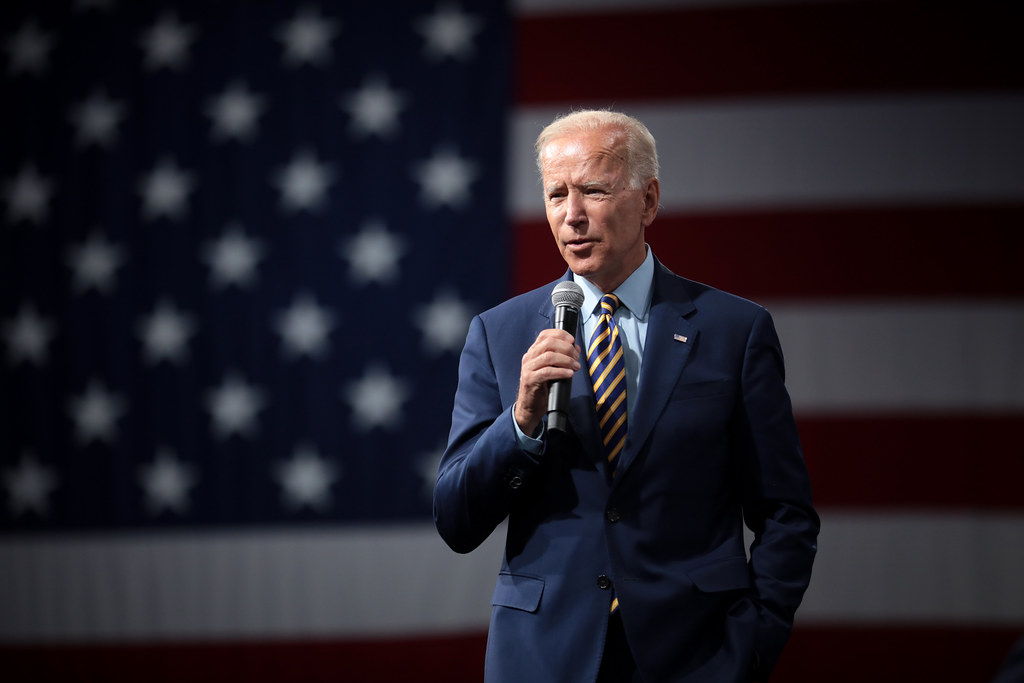How Dick Cheney Reined in Presidential Power
That is the title that the editors of the New York Times Magazine gave to an essay I wrote in reaction to former Vice-President Cheney’s book, In My Time. The thrust of the essay is that early Bush unilateralism was self-defeating, and that President Bush and Secretary of Defense Rumsfeld in their memoirs recognized this point, but Cheney in his did not. A flavor:
[T]he unilateralism of the early Bush years led Congress to claim ownership over military prerogatives
That is the title that the editors of the New York Times Magazine gave to an essay I wrote in reaction to former Vice-President Cheney’s book, In My Time. The thrust of the essay is that early Bush unilateralism was self-defeating, and that President Bush and Secretary of Defense Rumsfeld in their memoirs recognized this point, but Cheney in his did not. A flavor:
[T]he unilateralism of the early Bush years led Congress to claim ownership over military prerogatives that in previous wars were the president’s. It also led courts to reject claims of presidential wartime authority in decisions that constrained military and intelligence operations. “Looking back,” says Rumsfeld, the unilateral approach “may have contributed to an outcome the administration hoped to avoid: encroachment on the president’s powers.” Rumsfeld’s comment comes from a chapter titled “The Road Not Traveled,” in which he regrets not working more with Congress. Unilateralism, he says, “may not have taken fully into account the broader picture — the complete set of strategic considerations of a president fighting a protracted, unprecedented and unfamiliar war for which he would need sustained domestic and international support.” Bush expressed similar regrets in his memoir, “Decision Points.” “In retrospect,” he wrote, “I probably could have avoided some of the controversy and legal setbacks by seeking legislation on military tribunals, the T.S.P., and the C.I.A. enhanced-interrogation program as soon as they were created.” Cheney has not warmed to this view. “I’m not inclined to make any mea culpas,” he recently said. He has instead deflected the failures of his philosophy by maintaining that Barack Obama embraced his policies. Obama did continue many of the Bush administration counterterrorism policies as they stood in January 2009. But the 2009 policies Obama inherited were not Cheney policies. They were the products of a four-year pushback against those policies, and the theory of power on which they rested, by courts, Congress and the rest of the Bush administration.
Jack Goldsmith is the Learned Hand Professor at Harvard Law School, co-founder of Lawfare, and a Non-Resident Senior Fellow at the American Enterprise Institute. Before coming to Harvard, Professor Goldsmith served as Assistant Attorney General, Office of Legal Counsel from 2003-2004, and Special Counsel to the Department of Defense from 2002-2003.


-final.png?sfvrsn=b70826ae_3)


